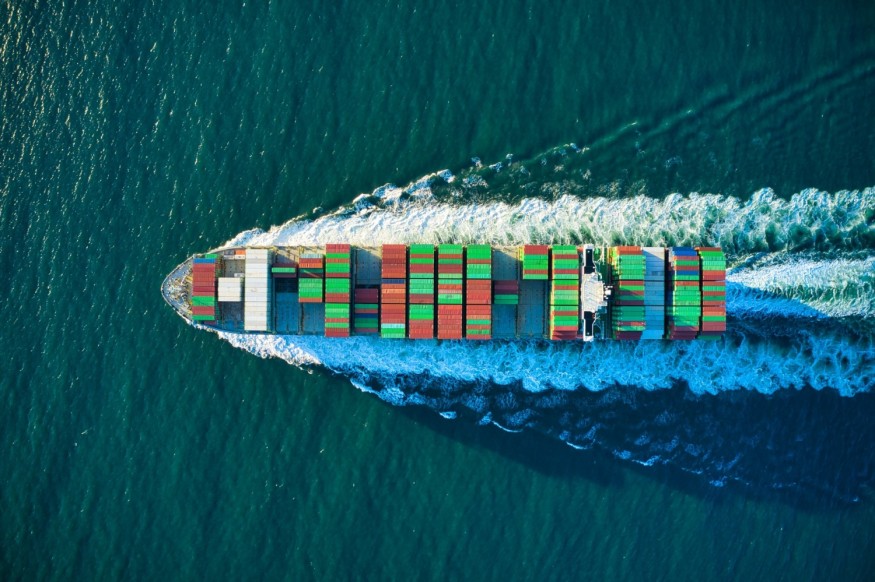Experts recently linked the growth of barnacles and algae to carbon emissions, which leads to global warming. To combat this, developers created a tiny machine, which emits microscopic vibrations from the ship's hull. This is a "game-changer" in the fight to make container ships greener.
How algae and barnacle growth drives up fuel consumption
Andrea Grech La Rosa, a research associate, says that algae and barnacles affect the drag against the ship.
"Algae, barnacles, these are all to the detriment of the hull because the once smooth hull is going to be rougher, it will disturb the flow. This is a direct drag that's working against the ship. So, the fewer algae or barnacles you have on the hull, the better the fuel consumption will be," La Rosa stated in a report in Sky News.
As per Polish news, International Maritime Organization, together with UN's shipping and maritime management organization, found that ships could burn 55% more fuel, resulting in a 55% increase in emissions and only 1% of the hull could be covered by shells.
Calculated that there is a difference between multiple projectiles. Even a 0.5-millimeter thick layer of mucus covering 50% of the hull's surface can increase greenhouse gas emissions by 20-25%.
Currently, businesses rely on antifouling paints to kill these organisms, but these biocides can have an environmental impact as they are toxic and can release microplastics. Eventually, the paint comes off and the boat has to be pulled out, cleaned, and repainted.
The small speakers use to vibrate hulls
Just pulling a small boat out of the water can cost thousands of pounds and can spread invasive species into the oceans of the world.
But Coventry-based Sonyhull may have the answer. The company has effectively designed a tiny speaker that vibrates attached to a case.

Microscopic vibrations that are too weak to disturb the ship's sonar or marine life create tiny bubbles around the hull.
As published by Polish news, Container ships burn more gas and release more CO2 after seashells and algae appear on the bottom.
When these tiny bubbles explode, they destroy any single-celled organisms that might stick to the bottom of the boat.
Food for algae and various microorganisms at the base of the food chain. So weeds and clamshells have nothing to eat and certainly cannot sustain and develop in the first place.
This machine will be a 'game changer'
According to Darren Jones, as per Polish News, a company's environment director Darren Jones says "In the longer picture, as we get away from fossil fuels, we need to move to alternative technologies to propel our vessels, be that electric, hydrogen, etc." he also added that the machine will be a game-changer for reducing carbon emissions.
According to Sky News, It's often the little things that make the difference in the fight against global warming and reducing carbon emissions.
Small lifestyle changes such as reducing meat, adding insulation to your home, or keeping your boat clean.
© 2025 NatureWorldNews.com All rights reserved. Do not reproduce without permission.





